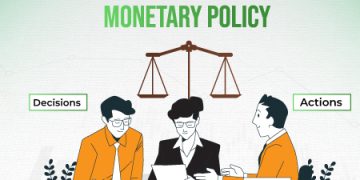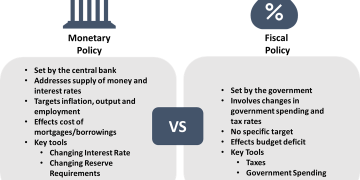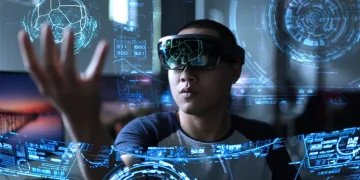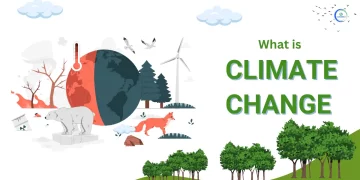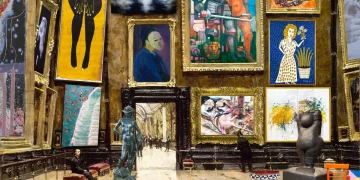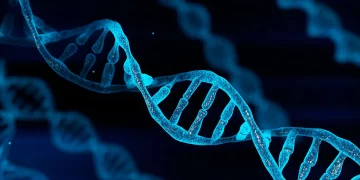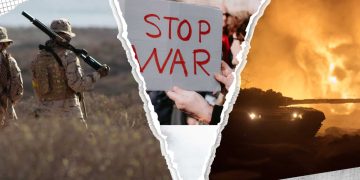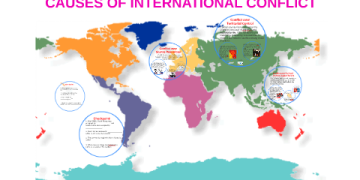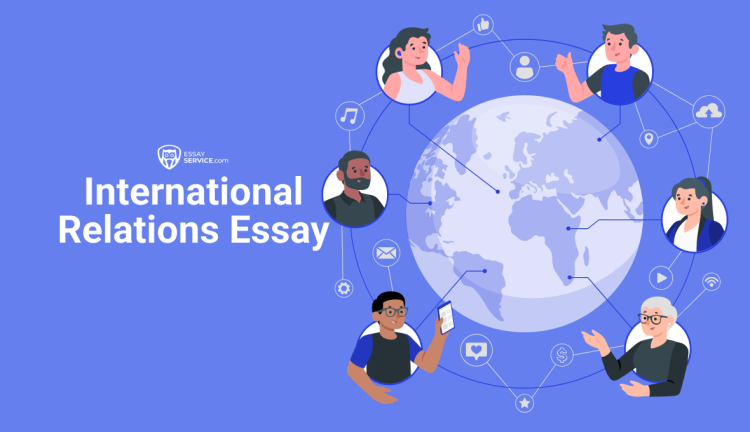Introduction
Climate change is one of the most pressing issues of the 21st century, affecting every region of the world and transcending national borders. The impact of rising global temperatures, extreme weather events, and environmental degradation has been felt in nearly every aspect of life, from agriculture to infrastructure, health, and security. As scientific evidence continues to mount, it is clear that climate change is not just an environmental issue but a complex geopolitical challenge that requires international cooperation at an unprecedented scale.
The consequences of climate change are far-reaching, with vulnerable nations facing the brunt of its impacts, while more developed nations contribute disproportionately to the problem through historical emissions. Addressing climate change requires the collaboration of countries, regions, and international institutions. However, differing national interests, economic priorities, and political will often complicate global efforts to tackle the crisis. This article explores how climate change intersects with international relations, the role of global cooperation, and the ways in which countries and international organizations can work together to mitigate its effects.
Section 1: The Global Nature of Climate Change
Climate change is a truly global phenomenon, one that knows no borders. The scientific consensus is clear: human activity, particularly the burning of fossil fuels and deforestation, has significantly accelerated the warming of the planet. According to the Intergovernmental Panel on Climate Change (IPCC), global temperatures have already increased by approximately 1.2°C above pre-industrial levels, with potentially catastrophic consequences if this trend continues.
The Science of Climate Change
The primary driver of climate change is the increase in greenhouse gases (GHGs) in the atmosphere, particularly carbon dioxide (CO2), methane (CH4), and nitrous oxide (N2O). These gases trap heat from the sun, creating a “greenhouse effect” that warms the Earth’s surface. While the natural greenhouse effect is essential for life on Earth, human activities have significantly amplified this process, leading to global warming.
The effects of climate change are already being felt around the world. Rising sea levels are threatening coastal cities and island nations, while extreme weather events such as hurricanes, droughts, and wildfires are becoming more frequent and intense. Ecosystems are being disrupted, with biodiversity loss accelerating, and agricultural systems are facing challenges due to altered precipitation patterns and temperatures.
A Global Responsibility
Climate change affects all countries, but its impacts are not distributed evenly. The poorest nations, particularly those in the Global South, are the most vulnerable, despite contributing the least to global emissions. Small island nations in the Pacific and the Caribbean are particularly at risk, with rising sea levels threatening to submerge their land entirely. On the other hand, countries in the developed world, such as the United States, China, and those in Europe, are responsible for the majority of historical emissions.
The disparity in responsibility and vulnerability complicates efforts to address climate change. Countries that have contributed the most to the problem must take the lead in mitigating its effects, while those most affected require financial and technological support to adapt to the changing climate. Thus, climate change is not only an environmental issue but also a matter of equity and justice, as it raises questions about the distribution of responsibility and resources in tackling global challenges.
Section 2: The Role of International Cooperation
Addressing climate change requires international cooperation across borders and sectors. Climate change is a global problem that cannot be solved by individual nations acting alone. It requires collective action, shared responsibility, and a coordinated global effort to reduce emissions, transition to renewable energy, and adapt to the inevitable changes already underway.
The Paris Agreement: A Landmark in Global Cooperation
One of the most significant milestones in international climate negotiations was the adoption of the Paris Agreement in 2015. The Paris Agreement is a legally binding international treaty that sets a framework for countries to limit global warming to well below 2°C, with efforts to keep it below 1.5°C. The agreement’s central principle is that countries should determine their own climate action plans, known as Nationally Determined Contributions (NDCs), which are then reviewed and updated every five years.
The Paris Agreement represents a breakthrough in global cooperation, as it is the first universal climate treaty that brings together nearly every country on Earth. It acknowledges the need for both mitigation (reducing emissions) and adaptation (preparing for the impacts of climate change) and recognizes the importance of climate finance, particularly for developing countries. However, while the agreement is a step forward, there are significant challenges in meeting its ambitious targets. Many countries have not yet fully implemented their NDCs, and the agreement’s voluntary nature means that enforcement mechanisms are limited.
The Role of the United Nations Framework Convention on Climate Change (UNFCCC)
The UNFCCC is the primary international platform for climate negotiations. Established in 1992 at the Earth Summit in Rio de Janeiro, the UNFCCC has played a central role in coordinating international efforts to address climate change. It oversees the implementation of the Paris Agreement and provides a forum for countries to discuss climate policy, share knowledge, and mobilize climate finance.
The annual Conference of the Parties (COP) meetings, held under the UNFCCC, have become the key venue for global climate negotiations. These meetings bring together world leaders, scientists, and civil society representatives to assess progress and agree on new commitments. The COP26 meeting in Glasgow in 2021, for example, focused on strengthening commitments to net-zero emissions and increasing support for vulnerable countries.
International Climate Finance: Supporting Vulnerable Nations
One of the critical components of global cooperation on climate change is climate finance. Developing countries, particularly those in Africa, Asia, and the Pacific, often lack the financial resources to implement climate mitigation and adaptation measures. To address this, the Paris Agreement established the goal of mobilizing $100 billion per year in climate finance by 2020 to support developing countries.
While progress has been made in mobilizing climate finance, much more is needed. The Green Climate Fund, which was established to support climate action in developing countries, has faced challenges in raising the necessary funds, and many countries have fallen short of their climate finance commitments. A major challenge in international climate finance is ensuring that funds are used effectively and equitably, with a focus on projects that benefit the most vulnerable populations.
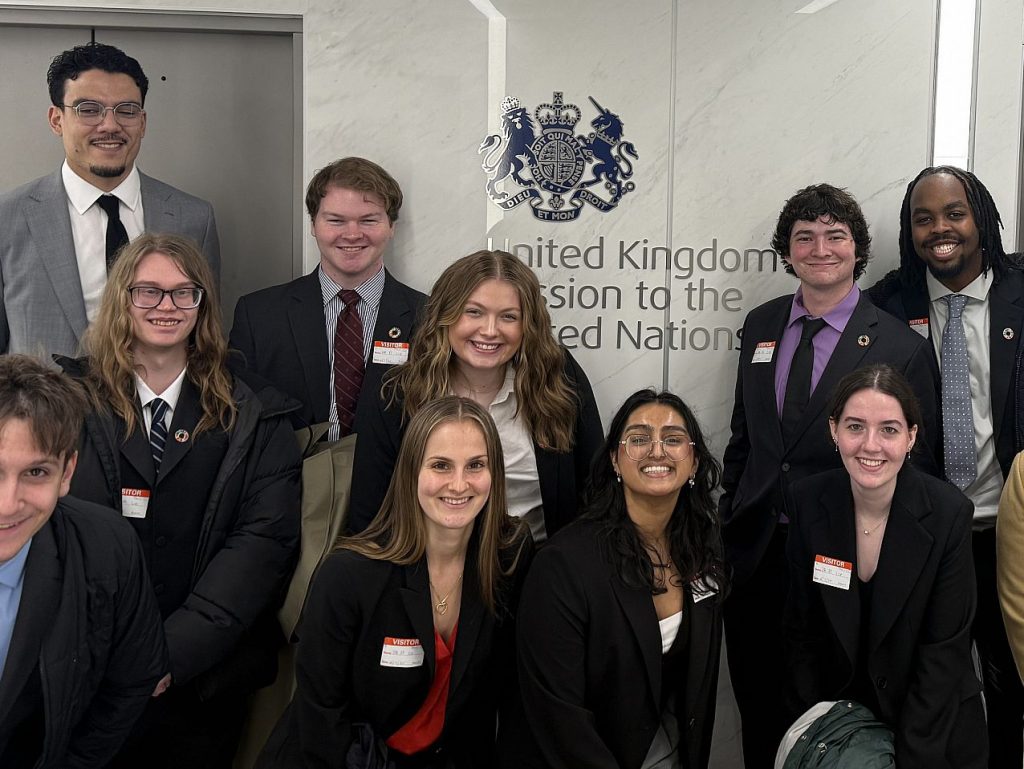
Section 3: Climate Change and Geopolitical Dynamics
Climate change is not only an environmental issue but also a geopolitical one, influencing international relations in profound ways. As countries jockey for resources, energy security, and influence, climate change is reshaping the global power structure.
Climate Change and Security
The geopolitical implications of climate change are perhaps most evident in the security realm. Climate-induced risks, such as resource scarcity, displacement, and migration, are contributing to instability and conflict in some regions. For example, in the Middle East and North Africa, prolonged droughts and water scarcity have contributed to tensions and conflicts over access to resources. The Syrian Civil War, in particular, has been linked to climate-induced droughts that exacerbated existing political and economic instability.
Rising sea levels are also threatening low-lying coastal nations, such as Bangladesh and small island states in the Pacific, which may face existential threats as they lose habitable land. These regions are becoming increasingly vulnerable to conflicts over territory, resources, and migration. In such cases, international cooperation is essential to manage these challenges and prevent conflict.
The Arctic: A New Frontier
Another area where climate change is affecting geopolitics is the Arctic. As the polar ice cap melts, new shipping routes are opening up, and previously inaccessible natural resources, including oil and gas, are becoming more available. This has led to a race for control over the Arctic region, with countries like Russia, Canada, the United States, and Denmark asserting territorial claims. The melting ice also raises the possibility of new geopolitical tensions in the region, requiring multilateral cooperation to manage the emerging challenges.
The Role of Power Dynamics in Climate Action
Climate change negotiations are often influenced by global power dynamics. The tensions between developed and developing countries, particularly in relation to historical emissions and financial contributions, have created divisions in international climate discussions. While developed nations have historically emitted the majority of greenhouse gases, many developing countries argue that they should not bear the same responsibilities for emissions reductions without financial and technological support.
Powerful countries, such as the United States and China, play a critical role in shaping global climate policy. Both are the largest emitters of greenhouse gases and must take significant action to reduce emissions if global temperature goals are to be met. However, national interests and political will often complicate cooperation, as economic growth and energy security remain top priorities for many nations.
Section 4: Moving Forward: Strengthening Global Cooperation
The fight against climate change will require stronger global cooperation, effective multilateral institutions, and a renewed commitment to equity and justice. Several key actions are needed to strengthen international cooperation on climate change:
- Commitment to Net-Zero Emissions: Countries must accelerate their efforts to transition to renewable energy sources, improve energy efficiency, and reduce emissions across all sectors of the economy. The global community must work together to set clear, binding targets for emissions reductions and ensure that they are met.
- Climate Finance for Developing Nations: Increased investment in climate adaptation and mitigation in vulnerable countries is essential. Developed nations must honor their financial commitments and ensure that climate finance reaches the most at-risk populations.
- Technological Innovation and Knowledge Sharing: International cooperation should focus on advancing clean technologies and sharing knowledge and best practices. Developed countries should provide technical support to help developing countries transition to low-carbon economies.
- Addressing Climate-Driven Conflict: International efforts must focus on preventing and managing the conflicts exacerbated by climate change. This includes addressing resource scarcity, migration, and territorial disputes, particularly in vulnerable regions.
Conclusion
Climate change is the defining issue of our time. Its impact transcends borders, challenges existing geopolitical structures, and demands unprecedented global cooperation. While the path forward is complex and fraught with challenges, there is also an opportunity to forge new partnerships, build resilience, and create a sustainable future for all. The success of global efforts to combat climate change will depend on how well nations can put aside their differences and work together to address this common threat to humanity.




